Type 2 diabetes may double risk of sepsis, large community-based study suggests
Powered by WPeMatico
Powered by WPeMatico

Pennington: ZyVet Animal Health, a generic pharmaceuticals company for animals, a wholly owned subsidiary of Zydus Pharmaceuticals (USA) Inc., itself a wholly owned subsidiary of Zydus Lifesciences Ltd., a global innovation led healthcare company, has released the FDA-approved generic of phenylpropanolamine hydrochloride tablets, a treatment for managing urinary incontinence in dogs, in the United States.
Powered by WPeMatico
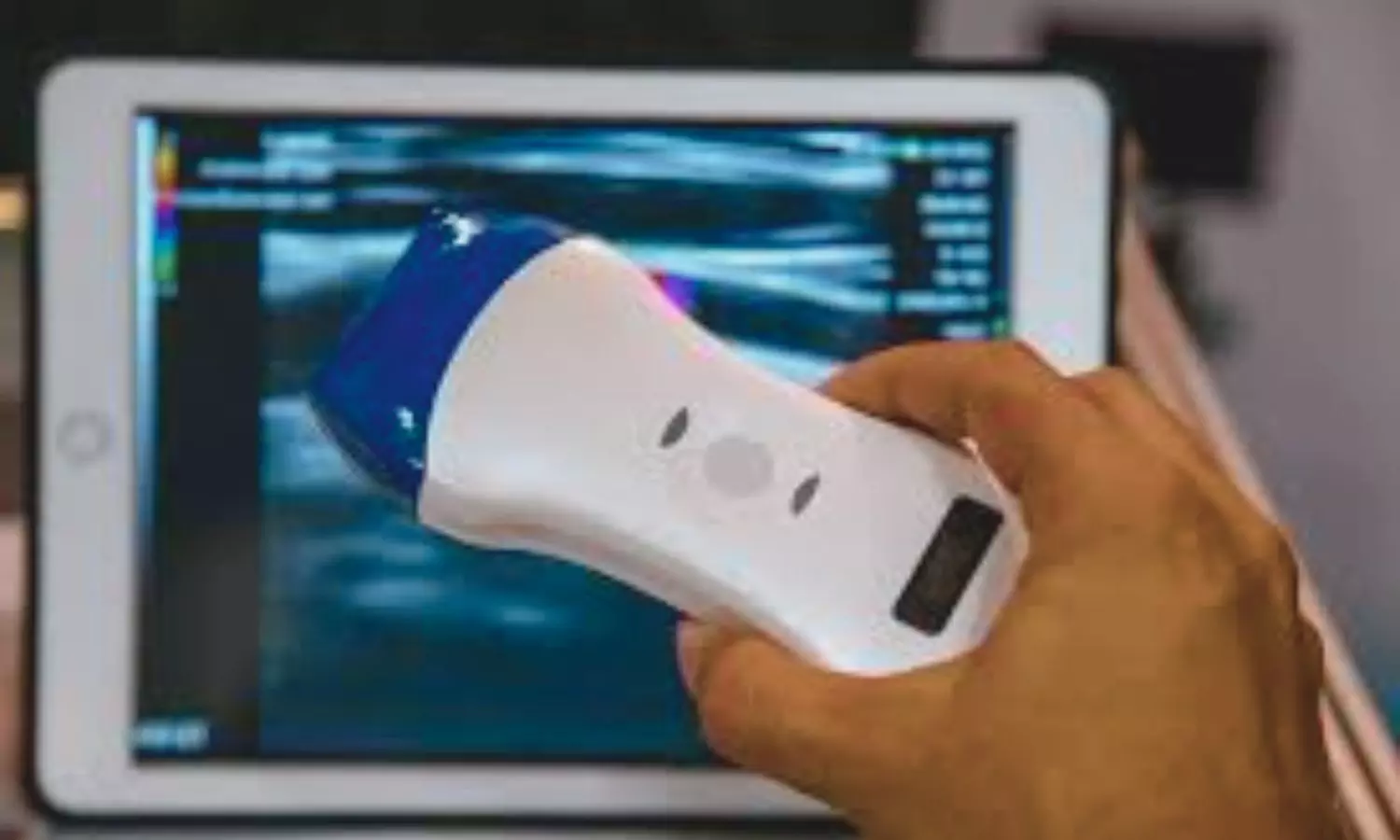
Noida: The Haryana health department, in collaboration with authorities in Noida, busted a long-running sex determination racket operating out of a private radiology centre in Sector 37. The raid led to the arrest of five individuals, including the doctor, and the seizure of two ultrasound machines.
Acting on a tip-off received by health authorities in Panipat, the team coordinated with Dr. Chandan Soni, Deputy Chief Medical Officer of Gautam Buddh Nagar, and conducted a sting operation on Friday.
According to the news reports, authorities executed a sting operation by sending a pregnant woman to the scanning centre after negotiating a Rs 25,000 deal with a broker.
Also Read:Meerut doctor, 3 touts held for conducting illegal sex determination test
“Of the amount, Rs 20,000 was handed over to the staff on the day of the test, while Rs 5,000 was transferred online to the account of a woman named Maryam. Soon after the woman’s ultrasound, the staff distributed the cash among themselves and placed the remaining Rs 10,000 on the doctor’s table. The note was pre-identified with a serial number and matched with those found at the centre,” deputy CMO Soni said, reports TOI.
Following the raid, five individuals were arrested, including the clinic owner, a broker, a receptionist, a money handler, and a medical store operator. Two ultrasound machines were seized, and the team recovered marked currency note. According to officials, the centre had been operational for over a decade.
Speaking to TOI, the deputy CMO said, “An FIR has been filed under BNS 318(4) (cheating) and the Pre-Conception and Pre-Natal Diagnostic Techniques Act, 1994.”
The raid comes at a time when the government in neighbouring Haryana has launched a crackdown on sex determination clinics. At a recent meeting chaired by Additional Chief Secretary (Health) Sudhir Rajpal, strategies were laid out to track and dismantle these networks using phone records, financial trails, and location data of those arrested.
Also Read:Haryana Health Dept officials told to Inspect MTP, Ultrasound Centers
Powered by WPeMatico
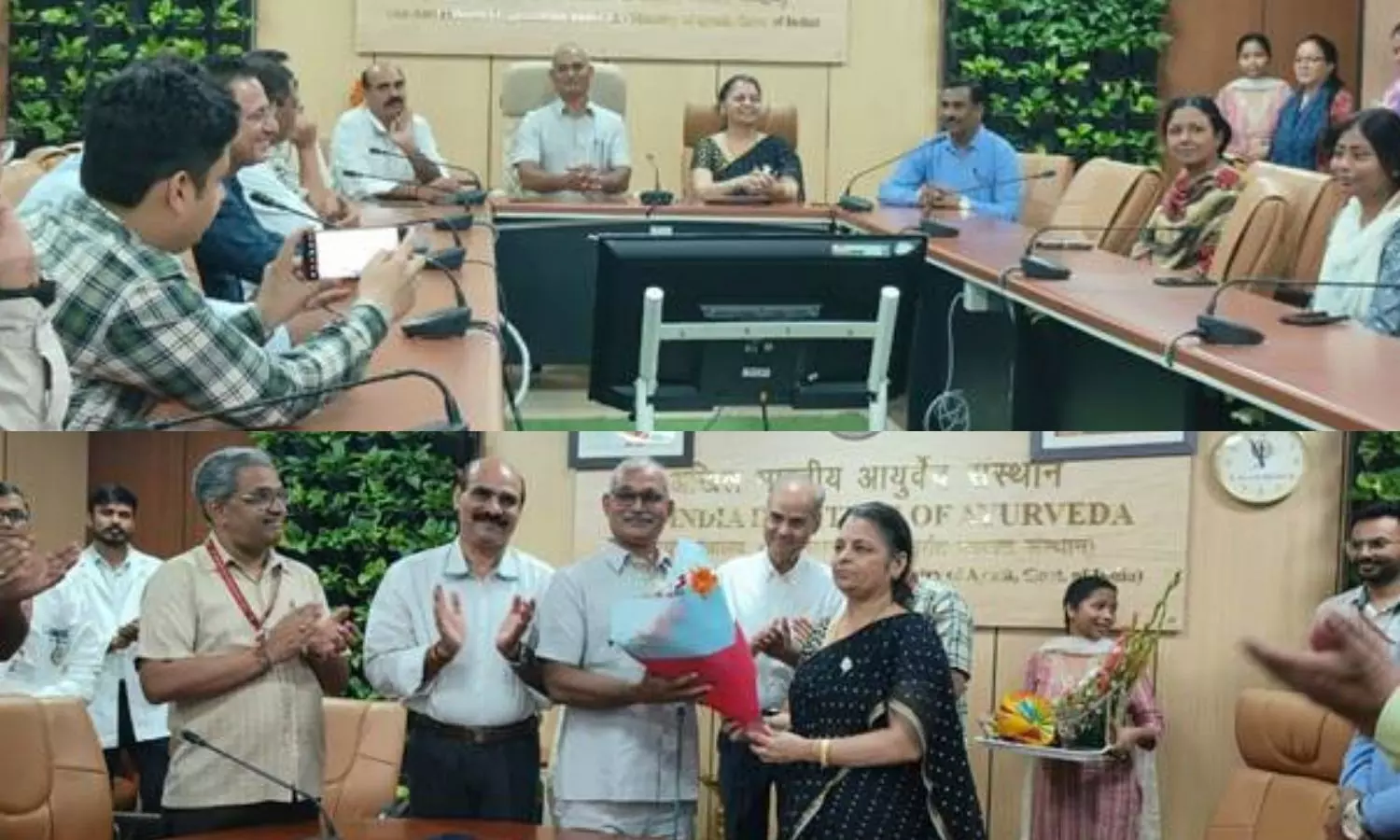
New Delhi: Professor Pradeep Kumar Prajapati formally assumed charge as the Director of the All India Institute of Ayurveda (AIIA), New Delhi, recently.
Prior to this appointment, Prof. Prajapati served as the Vice-Chancellor of Dr Sarvepalli Radhakrishnan Rajasthan Ayurved University, Jodhpur. He has also been associated for a long period with Gujarat Ayurved University, Jamnagar, contributing significantly to research and academic development. He began his academic career as an Assistant Professor at the National Institute of Ayurveda (NIA), Jaipur.
A formal welcome ceremony was organized at AIIA to mark the occasion. The event began with the lighting of the ceremonial lamp and a Dhanvantari Vandana. The institute’s former Executive Director, Prof. (Dr.) Manjusha Rajagopal, Dean (PhD) Prof. (Dr.) Mahesh Vyas and a large number of academic, medical, administrative, and nursing staff were present. All attendees extended a warm welcome to the new Director by presenting floral bouquets.
Also Read:AYUSH Ministry Launches Initiatives to Integrate Ayush Medicine with Allopathic System
In his first address as Director, Prof. Prajapati said:
“It is a matter of great pride and honour for me to have the opportunity to serve Ayurveda at this esteemed institution. With the government’s vision of taking Ayurveda to the masses, I am confident that, with the collective support of all, AIIA will achieve global recognition in the years to come.”
Former Executive Director Prof. (Dr.) Manjusha Rajagopal, in her welcome remarks, expressed gratitude to all and reaffirmed her commitment to team spirit and collaborative work. Dean Prof. (Dr.) Mahesh Vyas highlighted that Prof. Prajapati’s experience with premier institutions in the country will help take AIIA to new heights.
Immediately after assuming charge, Prof. Prajapati participated in the valedictory session of a Continuing Medical Education (CME) program organized for faculty at the institute, where he also performed the ceremonial lamp lighting.
Prof. Prajapati holds a BAMS degree from Gurukul Kangri University and obtained his MD and PhD from Banaras Hindu University (BHU).
It is noteworthy that his appointment as Director of AIIA was approved by the Union Cabinet. As per the terms, he will serve for a period of five years from the date of assuming charge or until the age of superannuation, whichever is earlier.
Powered by WPeMatico

A higher weekly dose of semaglutide (7.2 mg) can significantly improve weight loss and related health outcomes in adults living with obesity, including those with type 2 diabetes (T2D), according to the results of two large-scale, international phase 3 clinical trials. The findings, published in The Lancet Diabetes & Endocrinology journal, suggest that a higher dose of semaglutide offers a promising new option for people with obesity, including those with T2D, who have not achieved sufficient weight loss with existing treatments.
The STEP UP and STEP UP T2D clinical trials are the first to investigate whether increasing the dose of semaglutide from the currently approved dose of 2·4 mg to 7·2 mg is safe and leads to additional weight reduction. Trial participants were randomised to receive either the higher 7·2 mg dose of semaglutide, the currently approved 2.4 mg dose, or placebo over 72 weeks. All participants-regardless of treatment group-received lifestyle interventions such as dietary counseling and increased physical activity recommendations.
In adults without diabetes, a 7·2 mg dose of semaglutide led to an average weight loss of nearly 19%, surpassing the 16% loss seen with 2·4 mg and 4% with placebo. Nearly half of the participants on the higher dose lost 20% or more of their body weight, with about one-third losing at least 25%. Participants also experienced improvements in waist circumference, blood pressure, blood sugar, and cholesterol levels, all key factors in reducing obesity-related health risks. Similarly, in adults with obesity and T2D, the 7·2 mg dose resulted in an average 13% weight loss compared to 10% with 2.4 mg and 3.9% with placebo, along with significant reductions in blood sugar levels and waist size.
Both trials reported that the higher dose of semaglutide was safe and generally well tolerated. Gastrointestinal side effects like nausea and diarrhoea, and some sensory symptoms like tingling, were the most common. However, most side effects were manageable, resolved over time, and did not lead to participants dropping out of the trial. No increase in serious adverse events or severe hypoglycaemia was observed with the higher dose.
By delivering greater weight reduction and metabolic benefits while maintaining a favourable safety profile, the authors say this higher dose could help more people reach their health goals and reduce the burden of obesity-related complications worldwide. However, they highlight that further research is needed to fully understand the long-term benefits and risks.
Reference:
Wharton, Sean et al., Once-weekly semaglutide 7·2 mg in adults with obesity (STEP UP): a randomised, controlled, phase 3b trial, The Lancet Diabetes & Endocrinology, DOI: 10.1016/S2213-8587(25)00226-8
Powered by WPeMatico
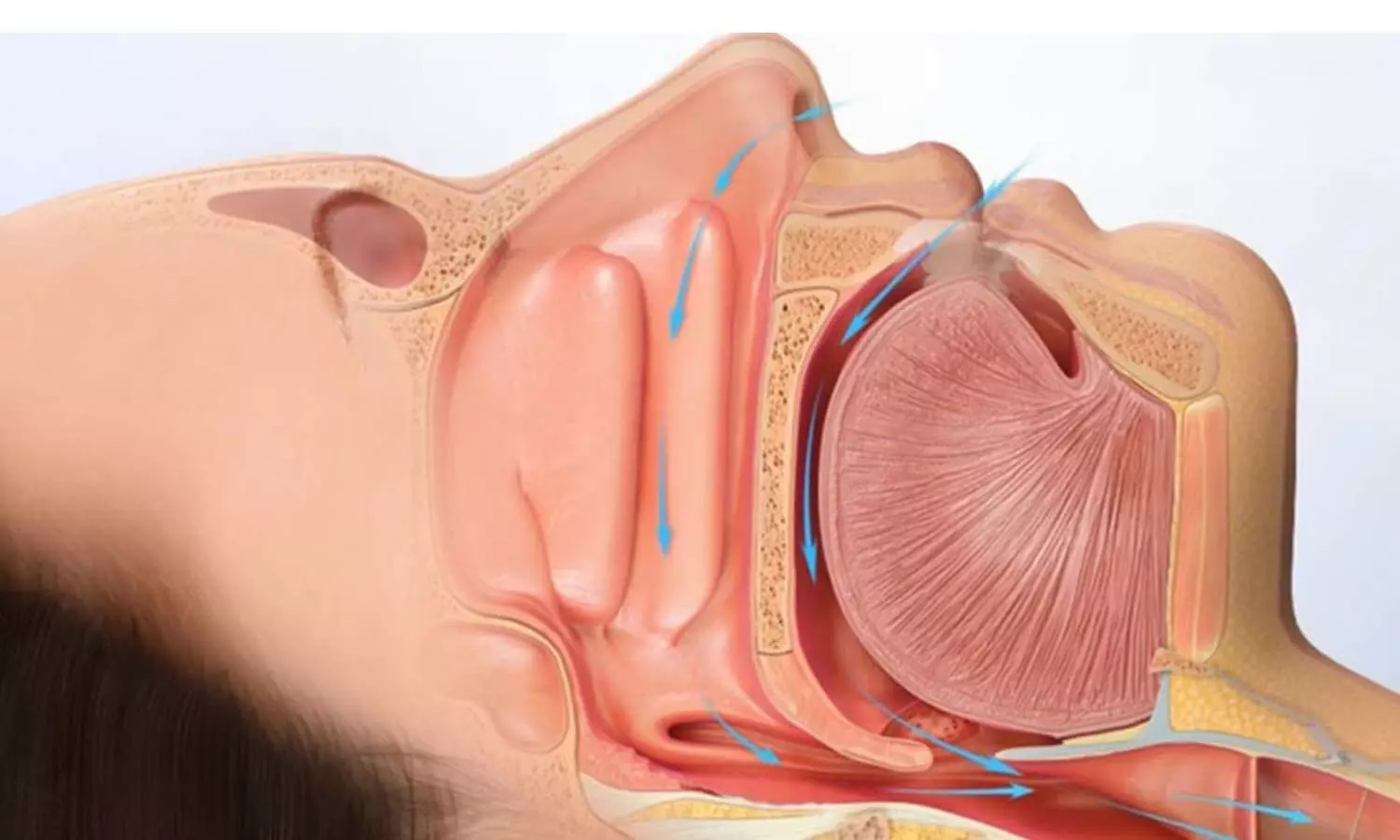
UK: Researchers have found in a new study that sleep-disordered breathing (SDB) is highly prevalent in hypertrophic cardiomyopathy (HCM) patients and is linked to adverse myocardial remodeling, greater diastolic dysfunction, and elevated troponin-T levels, indicating subclinical myocardial injury. The findings support further trials on treating SDB to improve outcomes in HCM.
Powered by WPeMatico
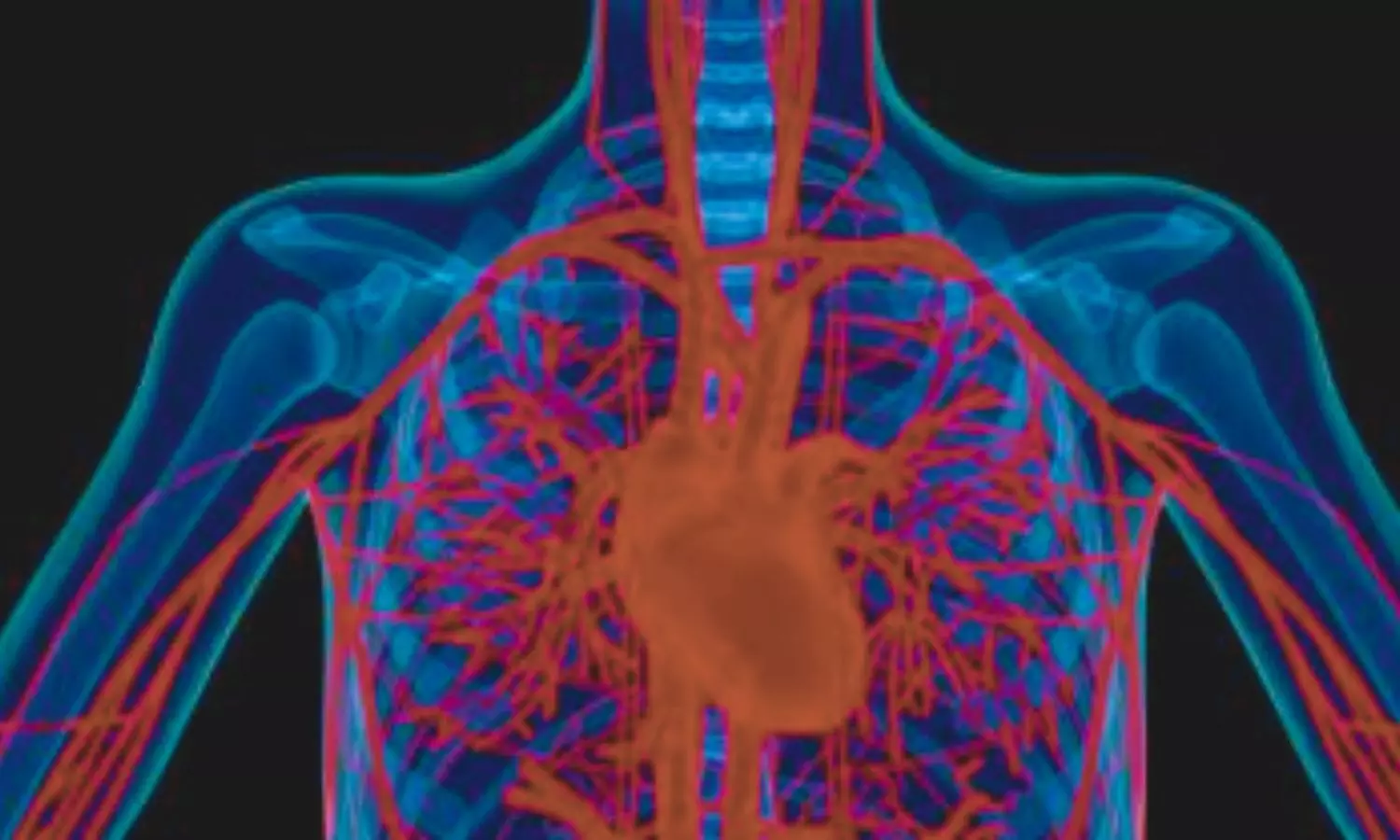
China: A new study has found that metabolic syndrome (MS) independently contributes to more severe and unfavorable coronary artery plaque characteristics in patients with type 2 diabetes mellitus (T2DM). These include higher rates of mixed, noncalcified, and nonobstructive plaques, as well as spotty calcification and extensive plaque burden.
Powered by WPeMatico

China: A new cardiac MRI-based workflow has shown promise in improving the prediction of sudden cardiac death (SCD) among individuals with nonischemic dilated cardiomyopathy (DCM), offering clinicians refined tools for risk stratification and personalized treatment strategies. By establishing specific cutoff values for late gadolinium enhancement (LGE) and extracellular volume fraction (ECV), the study demonstrates a more precise approach to identifying both high-risk and low-risk patient groups.
Powered by WPeMatico
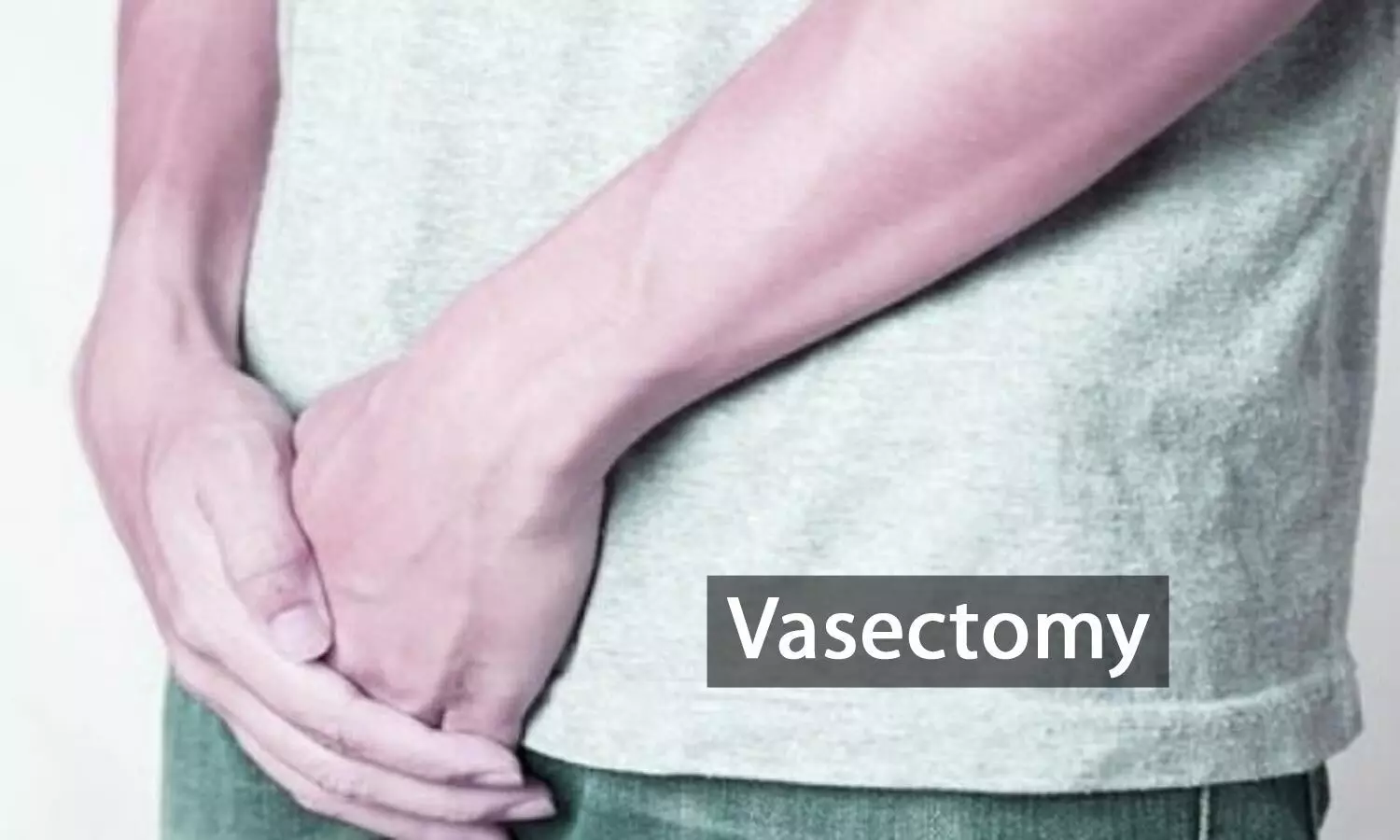
USA: Researchers have found in a new cost-effectiveness analysis that vasectomy is a more cost-effective permanent contraceptive option. While salpingectomy prevented more unintended pregnancies and reduced ovarian cancer risk, it only became the more cost-effective option at higher willingness-to-pay levels.
Powered by WPeMatico

Shimla: The Himachal Pradesh High Court has upheld the conviction of a chemist under the Drugs and Cosmetics Act, 1940, for stocking allopathic medicines without a valid licence, stressing that such offences affect public health and must be dealt with strictly.
Justice Rakesh Kainthla rejected Sanjay K. Maanav’s challenge and affirmed the trial court’s 2007 conviction order as well as the appellate court’s 2012 judgment, holding that no case was made out for interference.
The case clearly clarifies that simply possessing unlicensed medicines can allow the Court to presume intent to sell, placing the burden on the accused to prove otherwise. It also underscores that such offences will attract deterrent punishment, as stocking drugs without authorization is viewed as a serious threat to public health.
The case dates back to June 15, 2001, when Drugs Inspector Navneet Marwaha, accompanied by police officials, conducted a raid at Maanav Health Clinic in McLeodganj. During the raid, the High Court recorded, “the accused was present in the clinic, and he had displayed a variety of allopathic drugs for sale.”
When asked to produce a valid drug licence or a registered medical practitioner’s certificate, Maanav instead produced photocopies of certificates from Akhil Bhartiya Ayurvedic Vidyapeeth, Agra and N.E.H.M. Investigations later confirmed these to be invalid since electro-homoeopathy is not recognised by either the State or Central Medical Councils. The drugs were seized and sealed on the spot.
In 2007, the trial court convicted Maanav under Section 27(b)(ii) of the Drugs and Cosmetics Act, sentencing him to one month’s simple imprisonment and a fine of ₹5,000, with a default imprisonment of 15 days. The appellate court upheld this in 2012.
In his revision petition, Maanav argued that he never stocked allopathic medicines, only electropathy preparations. His counsel claimed that the prosecution failed to prove intent to sell, an “essential requirement under Section 27(b)(ii).”
In support of his argument, Maanav relied on the Supreme Court’s ruling in Mohammad Shabir v. State of Maharashtra (1979), which had held that “mere possession” of medicines was not sufficient to attract penal provisions.
Alternatively, he pleaded for leniency, pointing out that more than two decades had passed since the incident and the accused had already undergone “the agony of trial, appeal and revision.”
The State opposed the revision strongly. Additional Advocate General Lokender Kutlehria argued that the accused kept large stocks of medicines openly displayed on racks, which itself proved intent to sell.
“The accused had no license or degree, yet he possessed a huge quantity of allopathic drugs. He was playing with the lives of the people, and no sympathy should be shown to him,” the State submitted.
The Himachal Pradesh High Court pointed out that the position had changed after the 1982 amendment to Section 18(a) of the Drugs and Cosmetics Act, which introduced the phrase “offer for sale” into the law. The Court referred to a Karnataka High Court judgment (State of Karnataka v. Kannika Stores, 1992) which clarified that once this amendment came into effect, keeping medicines on the racks of a shop amounted to an offer for sale and was prohibited under the Act.
The High Court, after reviewing the evidence, upheld the reasoning of the trial court. It noted:
“In the present case, the drugs were found on the rack inside the clinic and learned Trial Court had rightly held that this violated Section 27 of the Drugs and Cosmetics Act.”
“Thus, there is no infirmity in the judgments and order passed by learned Courts below convicting the accused of the commission of an offence punishable under Section 27(b)(ii) of the Drugs & Cosmetics Act.”
The Court stressed that subsequent amendments to the Act had made even “stocking” or “exhibiting” medicines without a licence a punishable offence. As the order explained:
“When possession is with the accused and when there is no consent, it is for him to say for what purpose he has stored them. A presumption of fact has to be drawn by the Court, and the gist of the evidence and complaint has to be taken together; the accused was not taken by surprise when the charge clearly mentions the purpose of storing for sale only. Therefore, I have no hesitation in holding that the Court can draw a valid presumption, particularly so when there is no proof of purchase of the drugs or need for storing them by the accused. The offence under Section 18(C) read with 27(b) (ii) of the Act has been squarely made out, and the accused has to be convicted.”
On the plea for reduction of sentence, Justice Kainthla was categorical:
“Learned Trial Court sentenced the accused to undergo simple imprisonment for a period of one month, pay a fine of ₹5,000/- and in default of payment of fine to undergo further simple imprisonment for 15 days. The accused was found in possession of allopathic medicines, and he had no certificate/ licence to possess them. Learned Trial Court had rightly noticed that the possession of these drugs adversely affected public health and should be seriously viewed. The Court cannot ignore the impact of the crime while imposing the sentence, and the learned Trial Court was justified in considering the same. Keeping in view the impact on public health, the sentence of one month cannot be said to be excessive. The plea on behalf of the accused to reduce it cannot be accepted because of the lapse of time since the incident. The Court has to impose a deterrent sentence to dissuade people from playing with the lives of others by stocking the allopathic drugs for sale. Therefore, there is no justification for the reduction of the sentence.”
Subsequently, the Court held;
“In view of the above, there is no reason to interfere with the judgments and order passed by the learned Courts below. Hence, the present revision fails, and the same is dismissed. Pending application(s), if any, also stand(s) disposed of.”
Also Read: CDSCO Criminal Prosecution Against IndiaMART Put on Hold by Delhi HC Till Sept 17
To view the official order, click the link below:
Powered by WPeMatico
